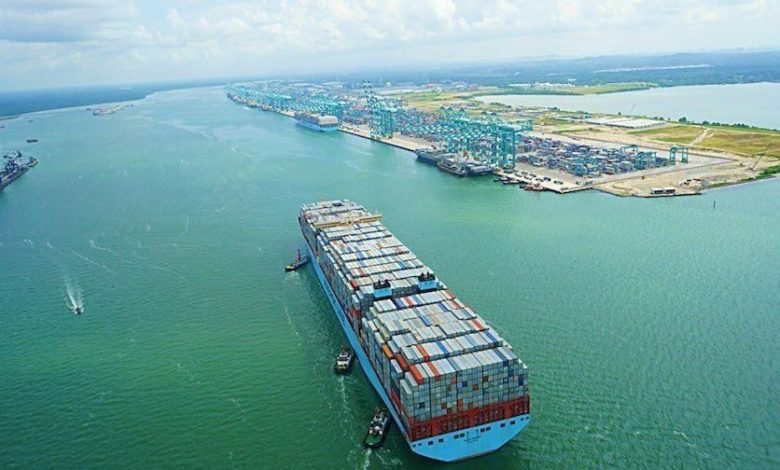Asian ports face $49bn climate adaptation costs

Protecting Asia Pacific ports against climate change could cost up to $49bn, according to new research commissioned by HSBC from sustainability analysts Asia Research and Engagement (ARE).
The report – Climate Costs for Asia Pacific Ports – evaluates the climate risk of 53 of the Asia Pacific region’s largest ports and estimates costs for adaptation. It also outlines recommendations to investors, port authorities and governments for how to manage risk in the future.
“Safeguarding ports is critical since nearly 60% of global GDP is reliant on trade,” said report author, ARE’s managing director Benjamin McCarron.
“Ports are at the front-line in terms of impacts from climate change,” he added. “The costs of adapting this essential infrastructure are already onerous, but the key lesson for stakeholders, from port owners to investors, is that planning climate resilience from the outset is key to avoiding greater expense in years to come.”
The analysis lays out scenarios based on differing sets of climate and engineering assumptions, extrapolating low and high cost cases for adaption.
Covering ports across Japan, China and Hong Kong, Taiwan, Singapore, Australia, India, South Korea and Malaysia, the sets of assumptions produce a low case cost of around $30.9bn and a high case cost of around $49.4bn.
Japan’s Kitakyushu faces the highest costs at $4.9bn, while five of the region’s 10 largest ports by capacity face adaptation bills of over $1bn.
The report focuses on financial backers for new infrastructure, such as One Belt, One Road related projects, calling on them to ensure projects have built climate projections into asset development and long-term capital plans to avoid facing unnecessarily high costs in the future.
“This report is designed to start conversations amongst those who use and finance seaports in Asia by asking the multi-billion-dollar question: ‘Are you ready for climate change?’” said Wai-Shin Chan, global head of HSBCs Climate Change Centre of Excellence.
“The response across the region today is extremely varied and the implications for those who lag behind are severe.”
